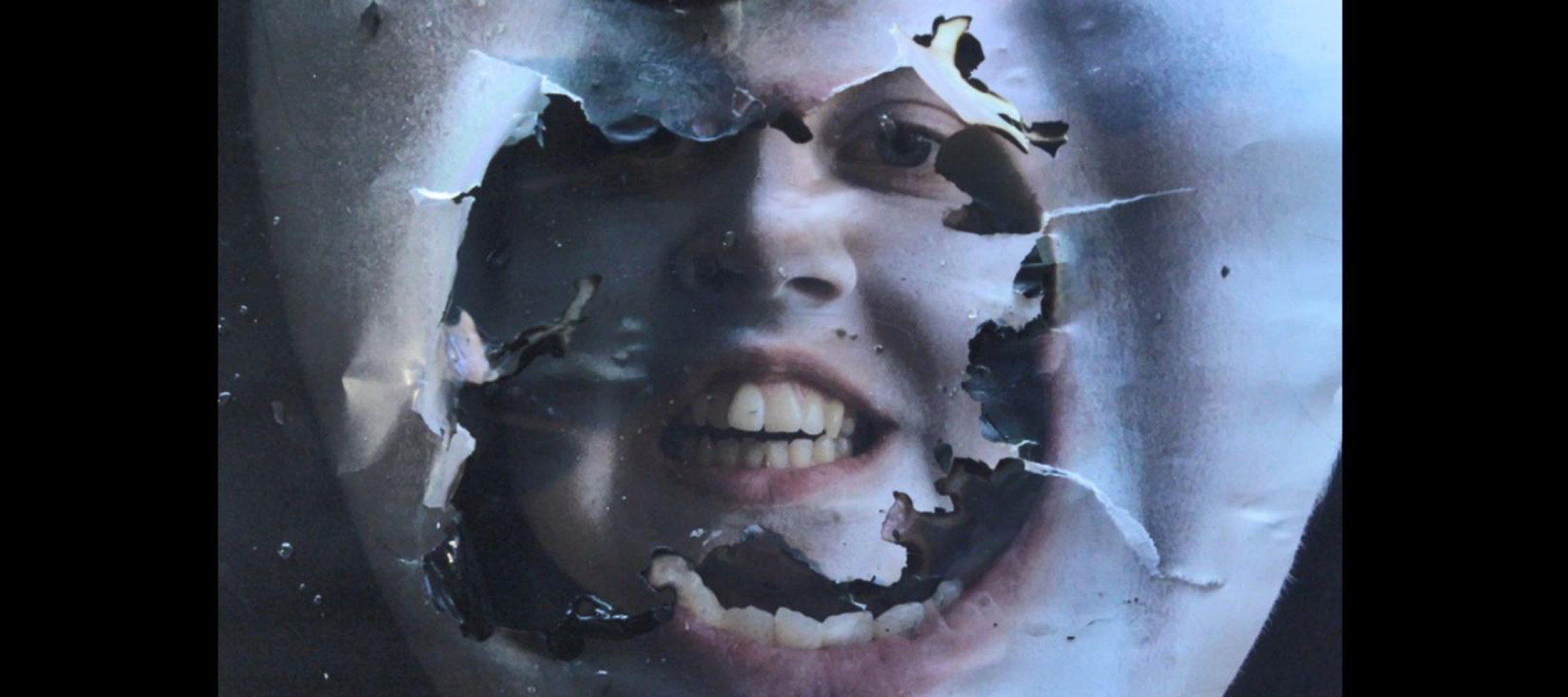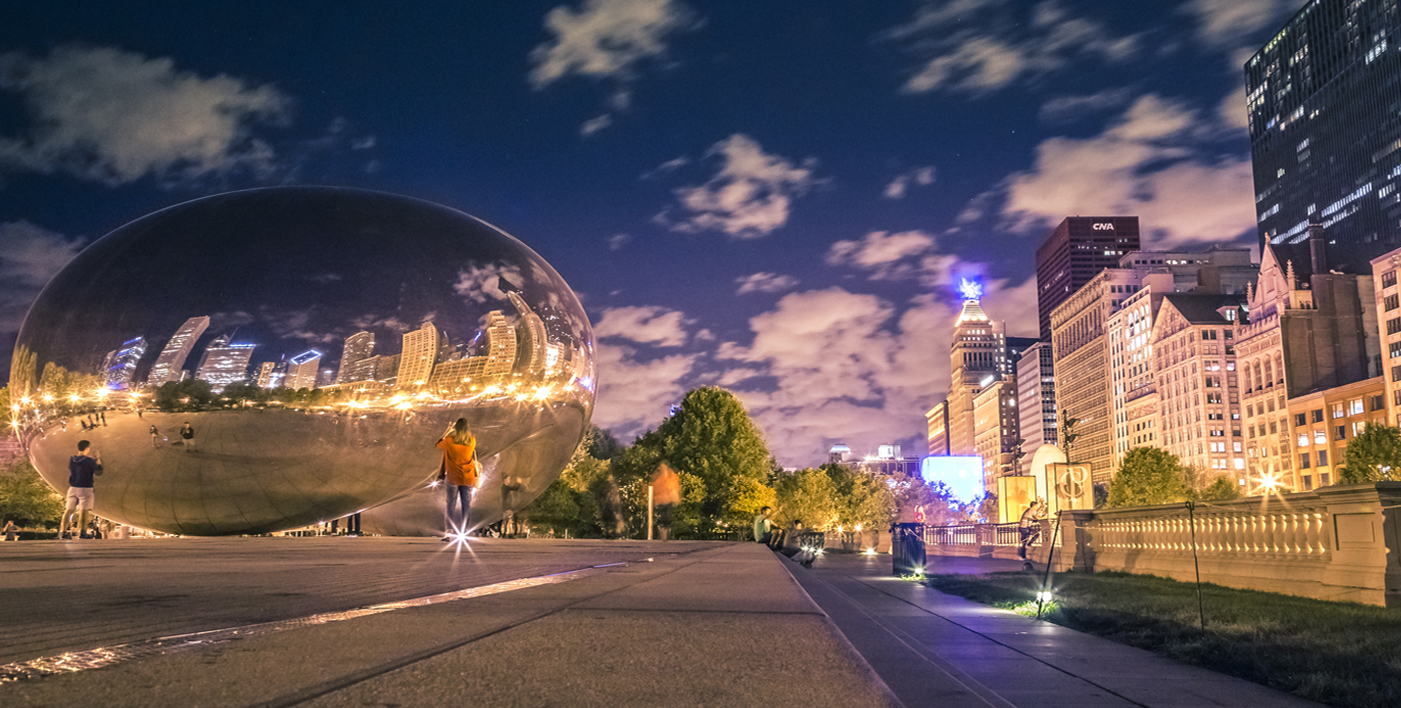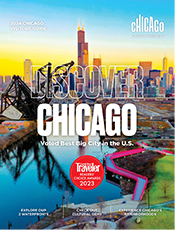Museums, Galleries & Exhibitions
Women at War
Women at War features works by a selection of the leading contemporary women artists working in Ukraine, and provides context for the current war, as represented in art across media. Several works in the exhibition were made immediately following February 24, 2022, when Russia began the full-scale invasion of Ukraine; others date from the ten years of war following the annexation of Crimea and the creation of separatist Donetsk and Luhansk “People’s Republics” in Donbas in 2014.
War is central to history. History has been written (and painted) by men. This exhibition provides a platform for women narrators of history and also examines gendered perspectives of war. Women are generally absent from the historical accounts of war, but violating a woman is seen as a violation of land and nation. Media images reinforce the perception of gender divide. But is war indeed gendered? Women comprise c. 25% of the Ukrainian armed forces. Russian soldiers rape Ukrainian civilians of all and no genders, including adult men. Yet, the majority’s experience remains tied to the traditional gender roles. Many artists in this exhibition struggle with the notion of victimhood and pose the question in what way women have agency during war.
The exhibition also offers an insight into Ukrainian and other Eastern European feminisms, which are significantly different from the Western mold. It contributes to the discourse about how national identity is tied to the perception of women’s role in society. There are parallels between the fight for Ukraine’s independence and the fight for the equality of Ukrainian women. They stem from the paradoxes of the Soviet Union, where early modernist, anti-nationalist, and feminist promises became but a fig leaf of propaganda for the increasingly brutal and misogynist patriarchal regime.
An independent Ukraine, burdened with its colonial past, the unimaginable wounds of the 20th century (the Holodomor, two world wars, and the Holocaust), and the actuality of a crisis, became obsessed with history. Ukrainian art of the 2010s was largely focused on the discussion of whether national identity should draw directly upon the short period of pre-Soviet independence or include the legacy of the Ukrainian SSR. The new generation of artists turned their attention to historiography – how history is written, who writes it, who and what remains invisible. Soviet painting, especially the interpretations of WWII, came into focus for many. Others organized around the critique of decommunization – the destruction of Soviet monuments and mosaics in Donbas spearheaded by the post-Maidan government – and turned towards the blanked-out pages of history.
Learn more about the area
Venue
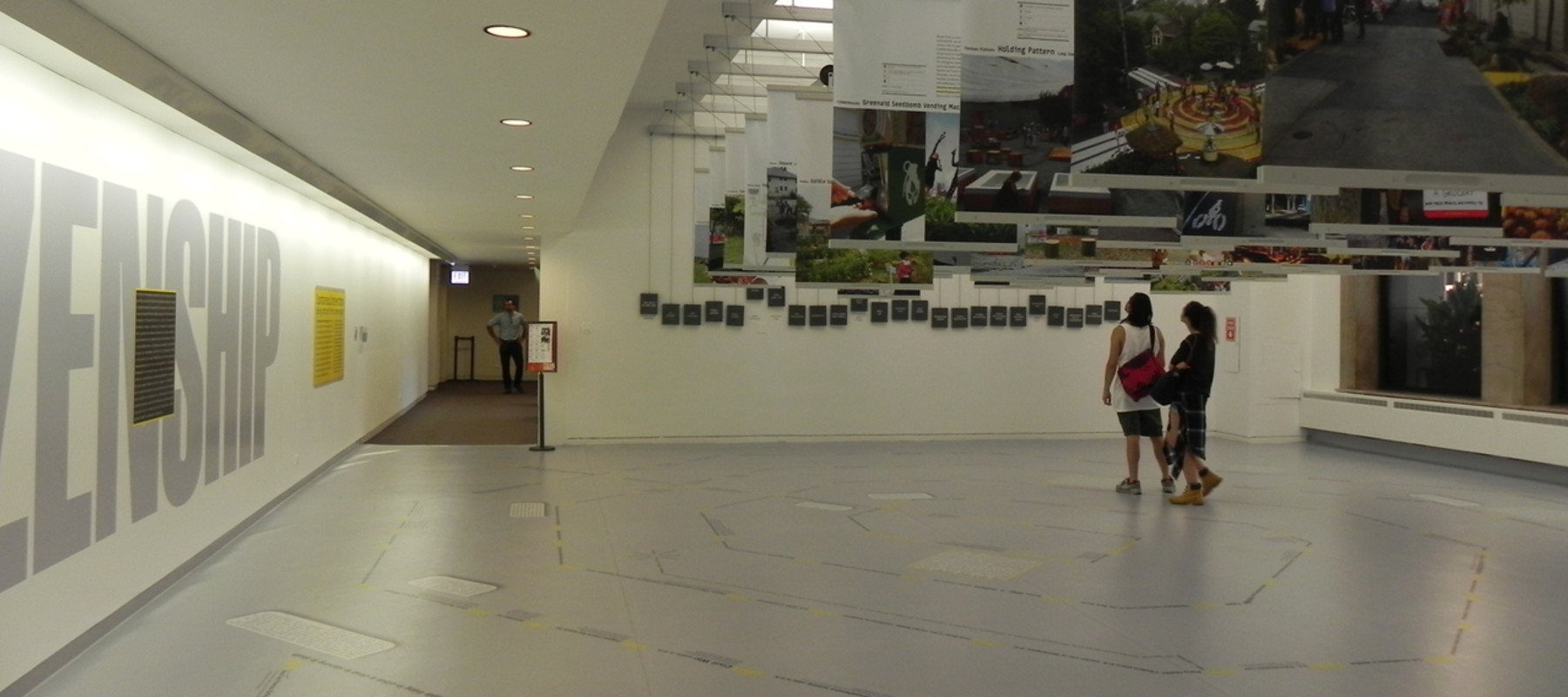
Theater & Performing Arts, Tours & Attractions, Architectural/Cultural Tours, Museums, Museums, Galleries & Exhibitions
Chicago Cultural Center
Drawn by its beauty and the fabulous free public events, hundreds of thousands of visitors come to the Chicago Cultural Center every year, making it…
Neighborhood
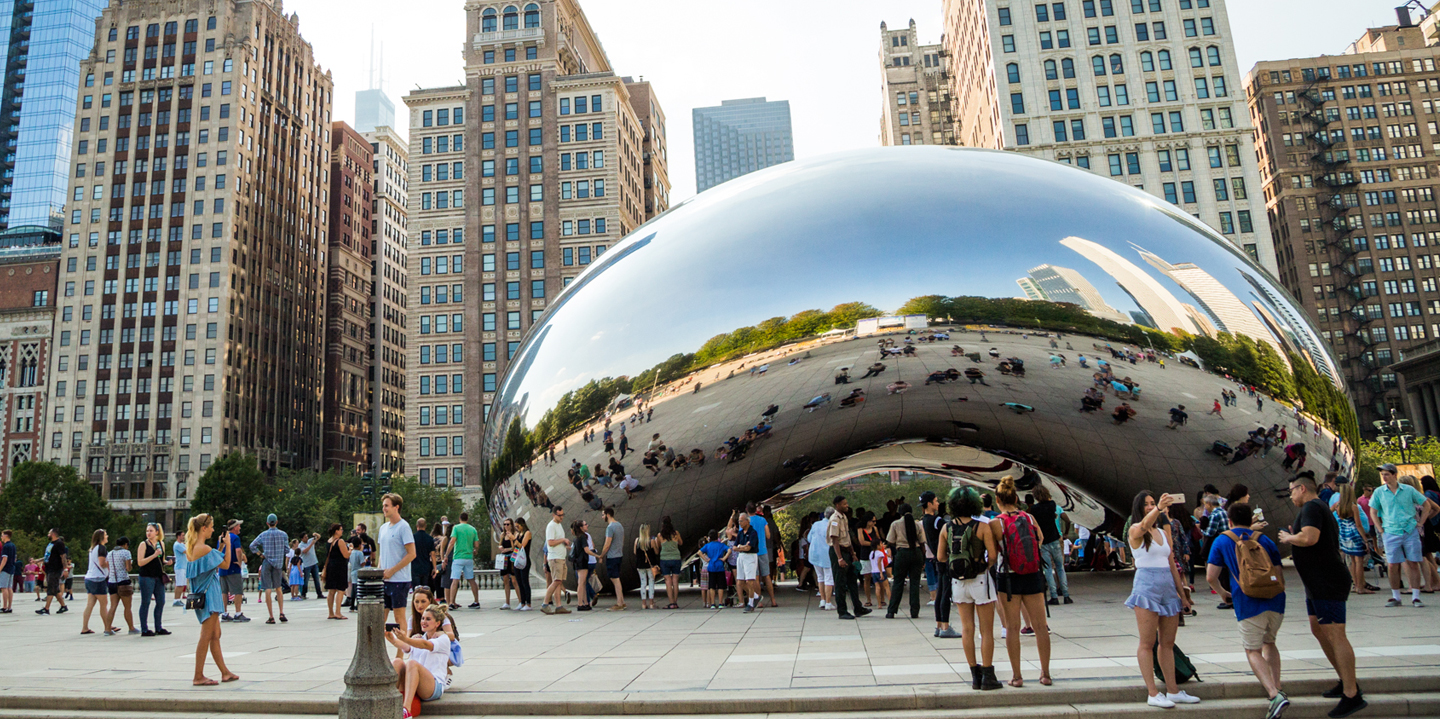
Loop
This city center is home to some of Chicago’s most iconic attractions and architecture.
Learn more about the area
Venue

Theater & Performing Arts, Tours & Attractions, Architectural/Cultural Tours, Museums, Museums, Galleries & Exhibitions
Chicago Cultural Center
Drawn by its beauty and the fabulous free public events, hundreds of thousands of visitors come to the Chicago Cultural Center every year, making it…
Neighborhood

Loop
This city center is home to some of Chicago’s most iconic attractions and architecture.


